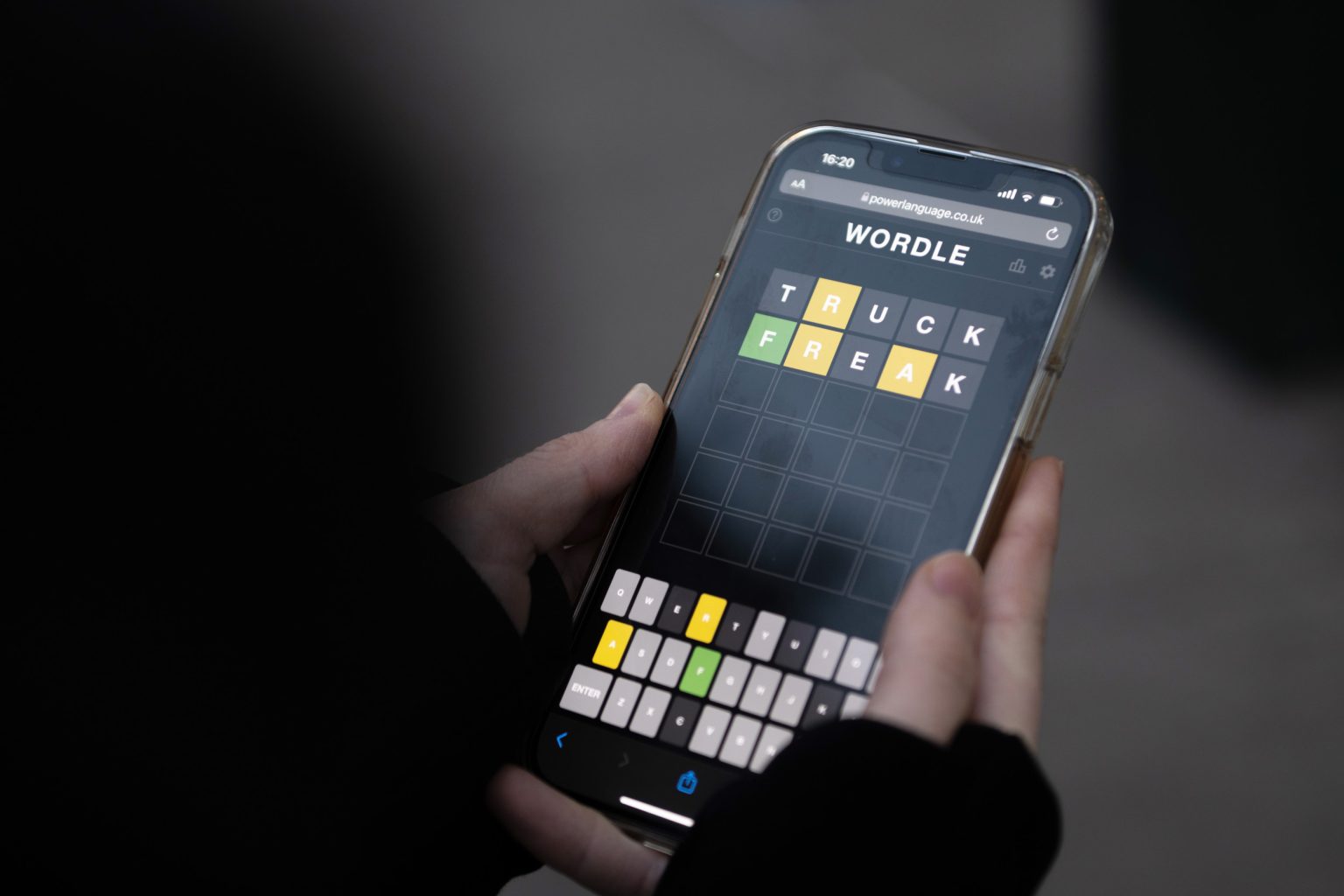Wordle, the immensely popular daily word puzzle, has captivated millions since its inception in 2021. Developed by Josh Wardle as a gift for his puzzle-loving partner, the game’s simple yet engaging format quickly garnered a global following. Its viral ascent led to its acquisition by The New York Times in early 2022, solidifying its place as a cultural phenomenon. Wordle’s appeal lies in its accessibility and social nature. The shared experience of deciphering the daily five-letter word fosters connections and friendly competition across social media platforms, transcending geographical boundaries and cultural differences. This shared ritual provides a sense of community and common ground in an increasingly interconnected world. Wardle himself acknowledged the game’s unexpected growth, expressing a sense of being overwhelmed by its widespread popularity.
The game’s mechanics are deceptively simple yet strategically challenging. Players have six attempts to guess the hidden five-letter word, aided by a color-coded tile system. Green tiles indicate correctly placed letters, yellow tiles signify letters present in the word but in the wrong position, and gray tiles eliminate letters entirely. This feedback system allows players to refine their guesses with each attempt, employing logic and deduction to arrive at the solution. The daily reset of the puzzle adds to its allure, providing a fresh challenge each day and maintaining a sense of anticipation. For those craving more than the single daily puzzle, The New York Times offers access to an archive of past Wordles, allowing subscribers to hone their skills and relive previous challenges.
Wordle’s impact extends beyond mere entertainment. It has become a social connector, a shared experience that unites people across diverse backgrounds. The daily ritual of playing and sharing results on social media platforms creates a sense of belonging and fosters lighthearted competition among friends, family, and even strangers. This shared experience transcends geographical limitations and cultural differences, creating a sense of global community centered around a simple word game. The game’s accessibility contributes to its widespread appeal, requiring no specialized knowledge or equipment beyond an internet connection. Its simplicity makes it accessible to people of all ages and backgrounds, further contributing to its unifying effect.
The provided example of Wordle #1294 illustrates the game’s hint system and the process of deduction players employ. The hints offer clues about the word’s characteristics, including the number of vowels, absence of repeated letters, and potential meanings. These clues guide players towards the solution without revealing it outright, allowing them to engage in the process of logical reasoning and word association. The final reveal of the answer, “cheap,” provides a sense of accomplishment for those who successfully deciphered the puzzle. The daily nature of Wordle ensures a continuous cycle of challenge and reward, fostering consistent engagement and maintaining the game’s popularity.
Beyond the individual challenge, Wordle has also sparked discussions about language, vocabulary, and strategy. Players share tips and techniques, discuss optimal starting words, and analyze the nuances of the English language. This shared exploration of language adds another dimension to the game’s appeal, fostering intellectual curiosity and enriching players’ understanding of words and their meanings. The game’s simplicity belies its strategic depth, as players develop their own approaches and methods for maximizing their chances of success.
In conclusion, Wordle’s enduring popularity stems from its unique combination of simplicity, challenge, and social interaction. Its accessible format, daily refresh, and color-coded feedback system create an engaging experience for players of all skill levels. The game’s ability to connect people across geographical and cultural boundaries further solidifies its position as a cultural phenomenon. Wordle’s impact transcends mere entertainment, fostering a sense of community and shared experience in a world increasingly fragmented by digital divides. Its success serves as a testament to the power of simple yet well-designed games to engage and connect people on a global scale.

